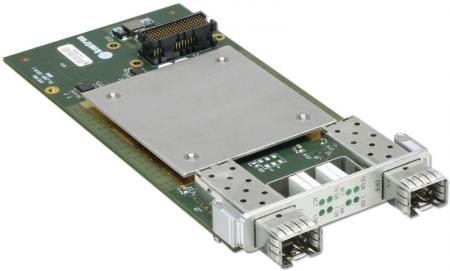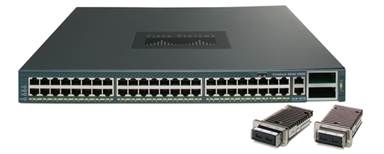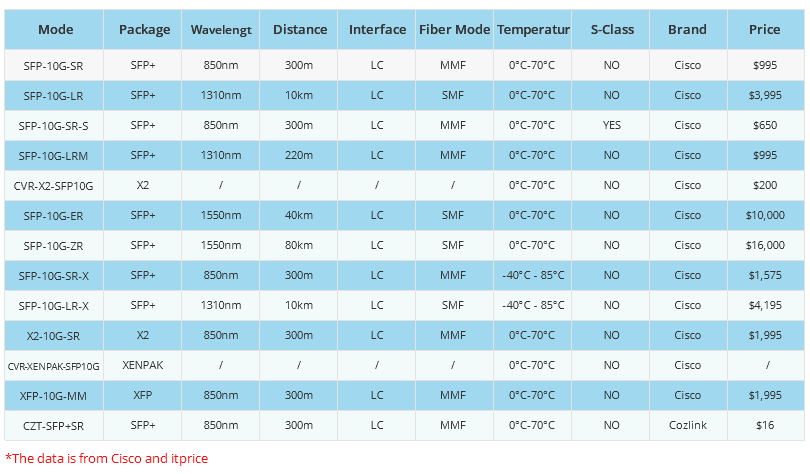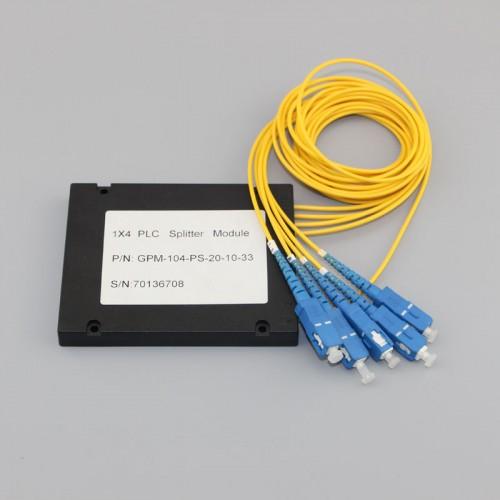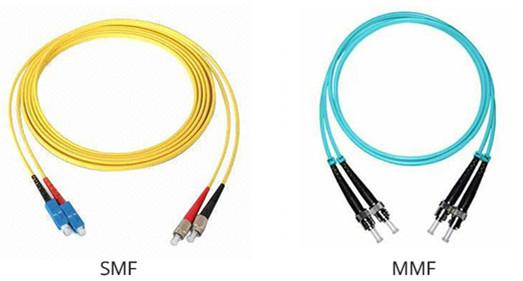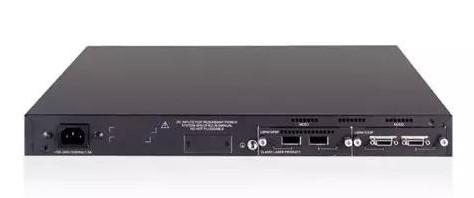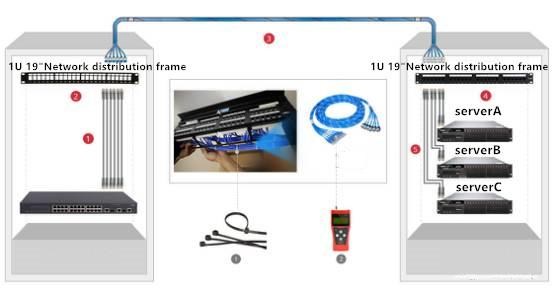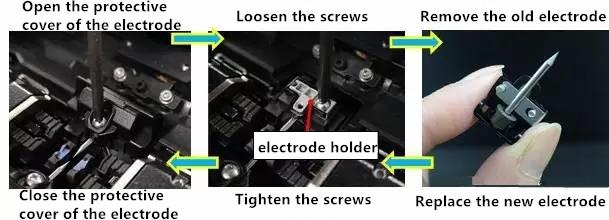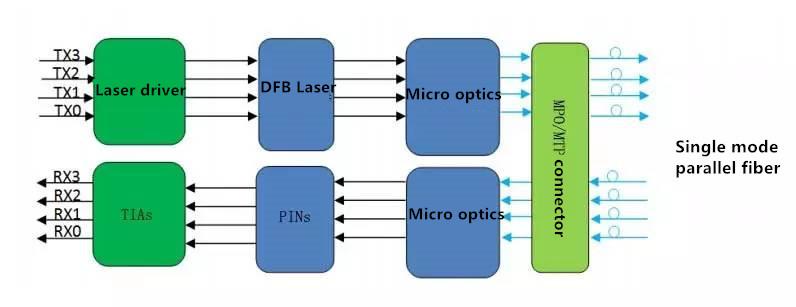- Related articles
- All Cisco MA-SFP-1GB-TX's information (List price, Specs, Datasheet PDF, Compatibility mat
- All Cisco CWDM-GBIC-1570's information (List price, Specs, Datasheet PDF, Compatibility ma
- Optical Transceivers for Cisco SF250-48-K9-UK Switch
- Optical Transceivers for Cisco WS-C3650-48PQ-E Switch
- How to check NIC card?
- Optical Transceivers for Cisco WS-C2960S-48LPS-L Switch
- All Cisco DWDM-XFP-39.77's information (List price, Specs, Datasheet PDF, Compatibility ma
- Optical Transceivers for Cisco WS-C2975GS-96PS-LM Switch
- Optical Transceivers for Cisco WS-C3560V2-24PS-S Switch
- All Cisco ONS-SI-GE-SX's information (List price, Specs, Datasheet PDF, Compatibility matr

Definition
10 Gigabit Ethernet (10GE, 10GbE, or 10 GigE) is a group of computer networking technologies for transmitting Ethernet frames at a rate of 10 gigabits per second (10×109 or 10 billion bits per second). It was first defined by the IEEE 802.3ae-2002 standard. Unlike previous Ethernet standards, 10 Gigabit Ethernet defines only full duplex point-to-point links which are generally connected by network switches; shared-medium CSMA/CD operation has not been carried over from the previous generations Ethernet standards. Half duplex operation and repeater hubs do not exist in 10GbE.
Application
10 Gigabit Ethernet are used in backplane applications such as blade servers and modular routers/switches with upgradable line cards. 802.3ap implementations are required to operate in an environment comprising up to 1 metre (39 in) of copper printed circuit board with two connectors. The standard defines two port types for 10 Gbit/s (10GBASE-KX4 and 10GBASE-KR) and a 1 Gbit/s port type (1000BASE-KX). It also defines an optional layer for FEC, a backplane auto negotiation protocol and link training for 10GBASE-KR where the receiver can set a three tap transmit equalizer. The auto negotiation protocol selects between 1000BASE-KX, 10GBASE-KX4, 10GBASE-KR or 40GBASE-KR4 operation. 40GBASE-KR4 is defined in 802.3ba.
Features
- Double connector friendly for wire sections of AWG 27 / 7 to AWG 22 / 1 and cable diameter from 4.5 to 9 mm for all usual Ethernet cable types in industry and Office IT
- Safe and rapid tool free cabling with captive wire manager
- Cat. 6, transfer class EA, suitable for 1 and 10 Gigabit Ethernet
- Small and multi-port capable
- Suitable for industry, robust yet light
- The same installation technology for all connector types from IP 20 to Push-Pull
What IEEE standard is used for Gigabit Ethernet?
Under the International Standards Organization’s Open Systems Interconnection (OSI) model, Ethernet is fundamentally a Layer 2 protocol. 10 Gigabit Ethernet uses the IEEE 802.3 Ethernet Media Access Control (MAC) protocol, the IEEE 802.3 Ethernet frame format, and the minimum and maximum IEEE 802.3 frame size.
10 Gigabit Ethernet switch
10 Gigabit Ethernet (10GE) Switch is a wire-speed, low-latency, Layer '2 to 4', 1-rack-unit (1 RU) fixed-configuration switch for rack-optimized server switching. Based on the proven hardware and software architecture, it offers exceptional performance, bandwidth, and reliability for low-density, multilayer aggregation of high-performance servers and workstations.
Conclusion
As the Internet transforms longstanding business models and global economies, Ethernet has withstood the test of time to become the most widely adopted networking technology in the world. Much of the world’s data transfer begins and ends with an Ethernet connection. Service providers are looking for higher capacity solutions that simplify and reduce the total cost of network connectivity, thus permitting profitable service differentiation, while maintaining very high levels of reliability.
Please click to check more related concepts:
| Transmitting rate | IEEE standard | Relevant MSAs for 10GbE |













































